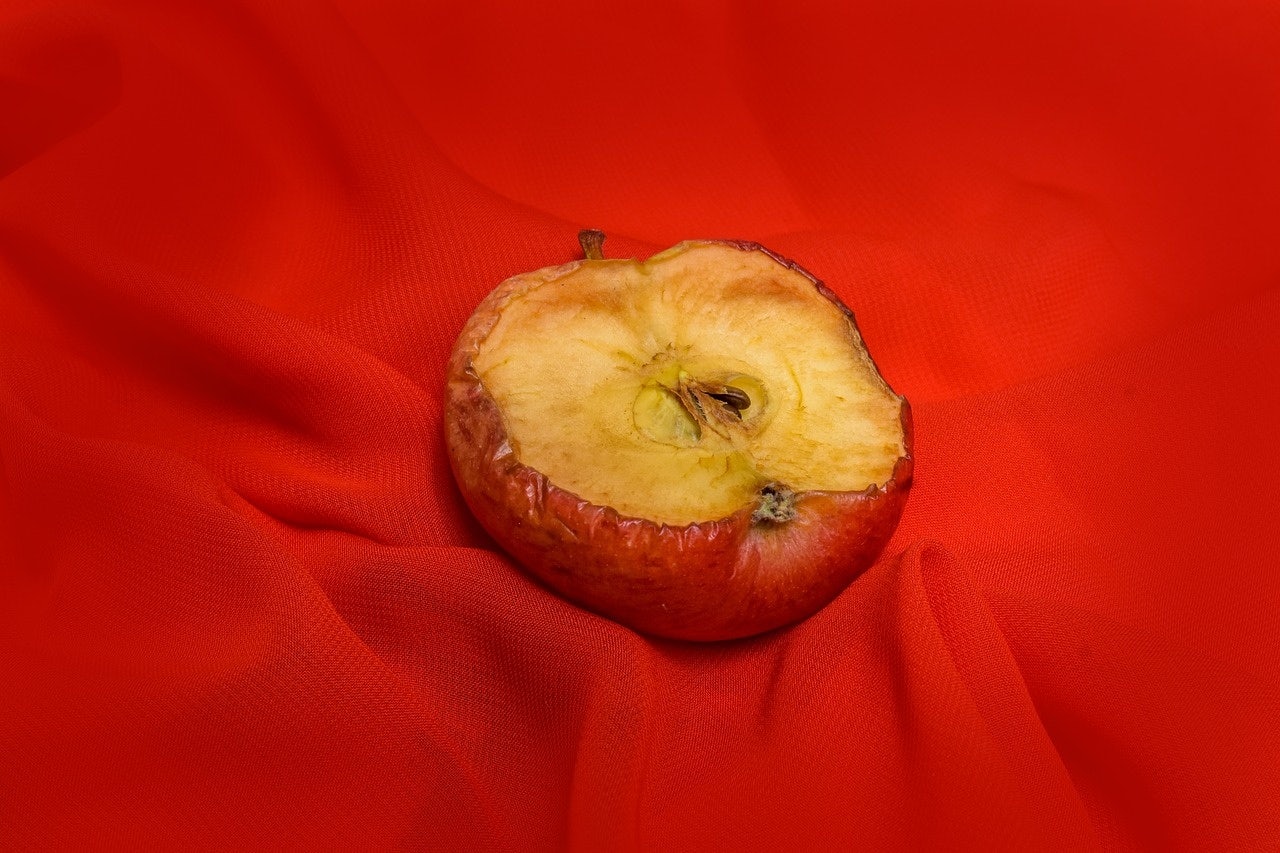Slashing its prediction of first-quarter 2019 revenue, Apple Inc. became the fourth global retailer to cite slowing demand from China as a key factor in diminished sales and earnings expectations.
Apple follows Tiffany & Co., LVMH, and Richemont as firms that since October have specifically invoked problems in China’s economy for their lower-than-expected results or growth forecasts.
But as “blame China” headlines mount, some investors noted that Apple also had fundamental problems closer to home — and that cell phone sales within China are still strong; consumers just aren’t buying iPhones. Indeed, Eastern luxury competitors are actually making some smart and profitable moves in China despite, or perhaps because of, the tougher environment. Still, there is no question that luxury brands in 2019 will have to work much harder and smarter to capture market share both on the mainland and with outbound Chinese shoppers.
In an announcement Wednesday that has since tanked the U.S. stock market, Apple CEO Tim Cook told investors “economic deceleration” in emerging markets, especially China, was largely to blame for slowing revenue growth.
Apple lowered its revenue guidance for the first quarter to $84 billion, down 5 percent from the $89 billion to $93 billion guidance it provided in October.
Some Wall Street analysts raced to say they had expected this all along, though many brokerages had, and still have, “buy” recommendations on Apple. And looking longer term, there are still bulls on the Chinese economy, among them Bain & Co. and UBS, who see the sheer size and wealth of the consumer block in China fueling luxury growth over the next decade regardless of near-term problems.
So, as analysts focus on what Apple did wrong, within China there is more recognition of what it’s chief competitor, Huawei, has done right. In 2017, Huawei brought in a handful of celebrity ambassadors, some specifically meant to represent their collection, Novo, geared to younger consumers. It consistently underprices similar and concurrent iPhone models by 25 percent to 50 percent. It’s third-quarter 2018 market share, according to data firm Counterpoint Research, stands at 23 percent versus Apple’s 9 percent.
More recently, the company has seen a burst of nationalist buying: on social messaging platform WeChat, some users are posting about the importance of supporting the firm’s products because, last month, Canadian police arrested Huawei's CFO Meng Wanzhou at the request of the United States over concerns about Iran bank transactions.
The luxury goods and accessories industry has working in its favor that, unlike the iPhone vs. Huawei battle, it has no real rival in China -- no homegrown Gucci-equivalent mega-brand. So far. But Tiffany may need to watch its back: On December 21, China’s giant jewelry retailer Chow Tai Fook Jewellery Group signed a deal with Tencent Financial Technology. Starting this year, Tencent’s WeChat Pay Hong Kong can be used for all purchases at many stores on the mainland.
